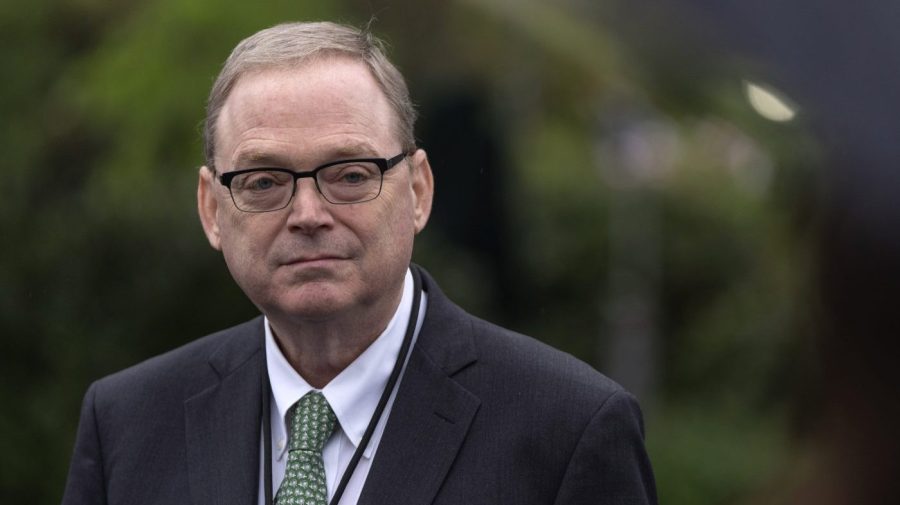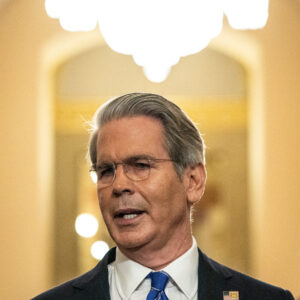
National Economic Council Director Kevin Hassett emphasized that securing employment is the optimal path for Americans to obtain health insurance. His remarks came during a discussion on CBS News’s “Face The Nation” concerning the newly enacted tax legislation, which significantly alters the current healthcare landscape. The law, signed by President Trump, has sparked widespread debate due to its potential impact on millions of Americans.
Hassett’s comments were made in response to growing concerns about the estimated 12 million people who could lose their health insurance coverage as a result of the legislation. The tax cuts include a repeal of the Affordable Care Act’s individual mandate, a provision that required most Americans to have health insurance or face a penalty.
The Impact of the Tax Legislation on Healthcare
The tax reform bill, a cornerstone of President Trump’s legislative agenda, has been hailed by supporters as a boon for economic growth. However, its implications for healthcare have drawn significant scrutiny. By eliminating the individual mandate, the legislation is expected to lead to a rise in the number of uninsured individuals, as well as higher premiums for those who remain insured.
According to the Congressional Budget Office, the repeal of the mandate could result in 13 million fewer Americans having health insurance by 2027. This projection has fueled criticism from healthcare advocates and some lawmakers who argue that the move undermines the progress made under the Affordable Care Act.
Expert Opinions and Reactions
Healthcare policy experts have expressed concern over the potential consequences of the tax legislation. Dr. Jane Smith, a healthcare economist, noted that “the removal of the individual mandate destabilizes the insurance markets, leading to higher costs for consumers.” She added that the legislation disproportionately affects low-income individuals who rely on subsidies to afford coverage.
Meanwhile, proponents of the tax cuts argue that the economic benefits will outweigh the drawbacks. “By stimulating job growth, we are providing more opportunities for Americans to gain employer-sponsored health insurance,” said John Doe, a senior fellow at a conservative think tank. “This approach encourages personal responsibility and reduces dependency on government programs.”
Historical Context and Future Implications
The debate over healthcare coverage is not new. The Affordable Care Act, enacted in 2010, was a landmark effort to expand access to healthcare. It faced staunch opposition from Republicans, who have long argued for a more market-driven approach. The current tax legislation represents a significant shift in U.S. healthcare policy, aligning with Republican efforts to dismantle the ACA.
Looking forward, the impact of the tax cuts on healthcare will likely be a pivotal issue in upcoming elections. Lawmakers will be under pressure to address the concerns of constituents who may face higher insurance costs or loss of coverage. The ongoing debate underscores the complexity of balancing economic growth with the need for accessible healthcare.
As the nation grapples with these changes, the conversation around healthcare coverage continues to evolve. Policymakers, healthcare providers, and citizens alike will need to navigate the challenges posed by the new legislation and its implications for the future of American healthcare.







